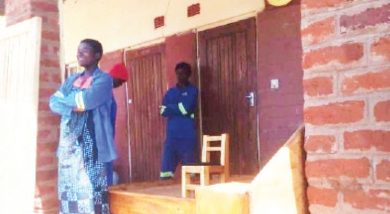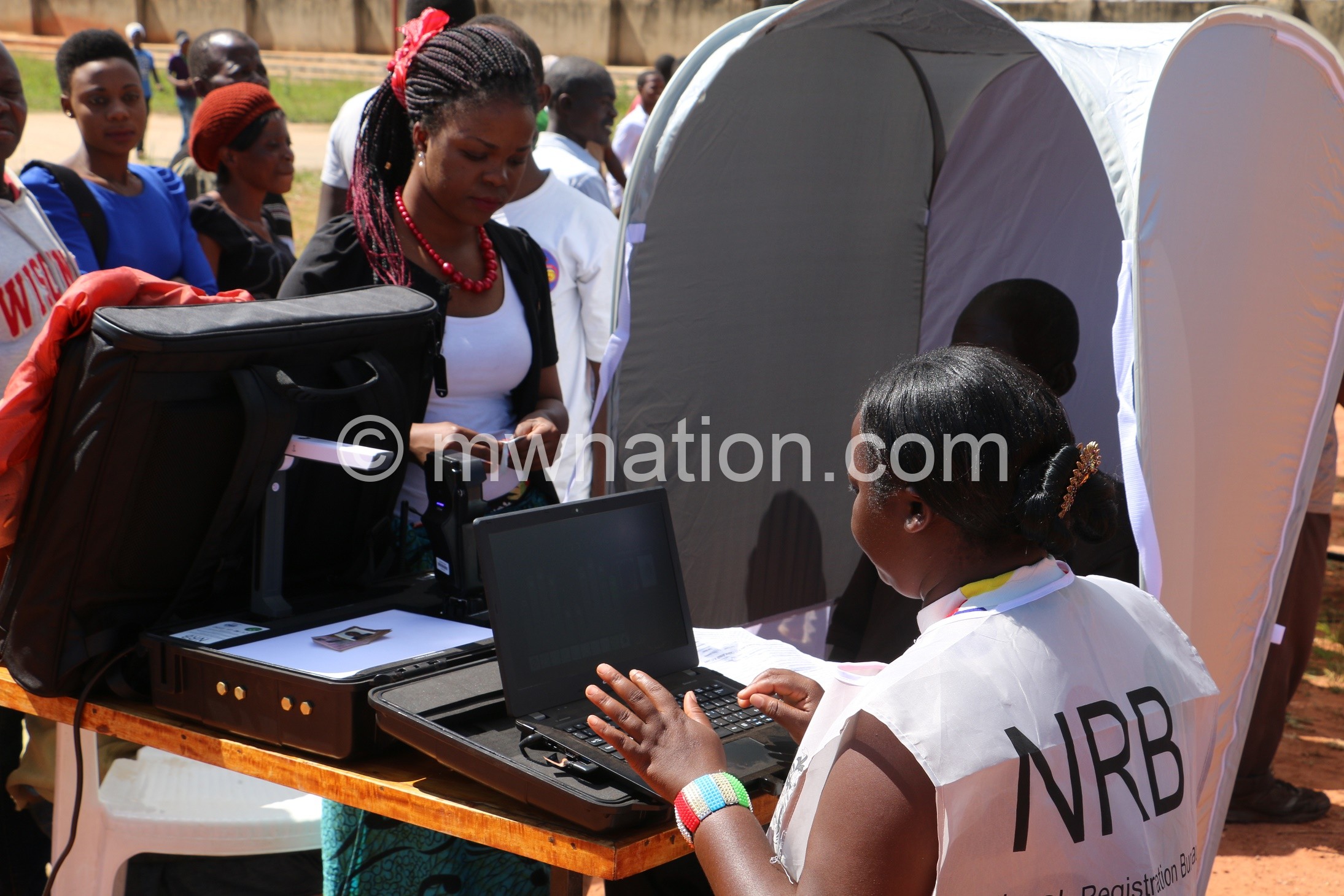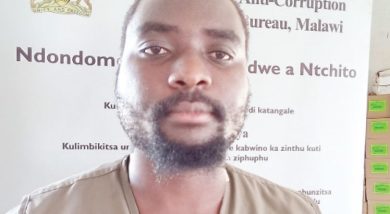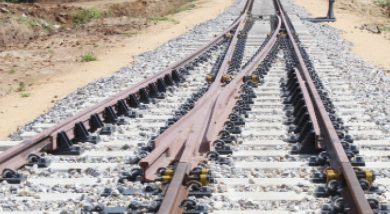ACB probe identifies flaws in gensets deal
The Anti-Corruption Bureau (ACB) says its preliminary findings have identied procurement flaws in the two-year $73.9 million generators leasing agreement between Aggreko Power Solutions and the Electricity Supply Corporation of Malawi (Escom).
In his brief to members of the Legal Affairs Committee of Parliament on Tuesday, ACB director of investigation Daniels Mponda did not disclose the flaws or the duration of the investigation.
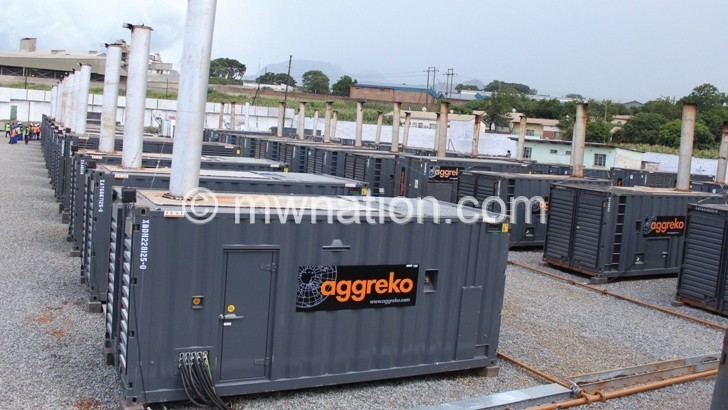
He said: “We have done a considerable amount of investigation on the $73.9 million two-year leasing agreement on gensets. The preliminary findings show that there are a number of procurement flaws that occurred and they need to be investigated further.”
In an interview yesterday, ACB director general Reyneck Matemba refused to give further details of the flaws or the investigations, saying the issue is still under probe and when the time is ready, the bureau will communicate to the public.
He said: “All I can tell you for now is that there were procurement flaws. We received a report and an allegation relating to the generators.
“Our preliminary investigations revealed that there were procurement flaws involved and those are the issues we are looking at.”
Matemba said going forward, the anti-graft body plans to take the investigations across the borders as it is a wide issue.
In March this year, the ACB opened an investigation into the procurement of the multi-billion kwacha contract on the generators which happened in 2017.
The probe followed action by the Office of the Director of Public Procurement (ODPP) which stopped Escom from awarding a contract to supply 78 megawatts (MW) diesel-powered generators to Aggreko because of procurement irregularities.
But in January this year, President Peter Mutharika commissioned 55MW diesel-powered generators in Blantyre that Escom—using a single sourcing procurement method—hired from Aggreko, the same company whose contract the ODPP had earlier barred.
In its findings, the ODPP faulted the evaluation process, saying it was not property concluded and ordered the cancellation of the awarding of the contract to Aggreko and asked Escom to restart the procurement process.
Malawi opted for diesel-powered generators as an interim measure to improve power supply in the wake of reduced hydro-electric power generation following low water levels in Lake Malawi and its sole outlet, the Shire River, where over 90 percent of the country’s electricity is produced.
Currently, Nkula A is undergoing rehabilitation and modernisation under the Millennium Challenge Corporation (MCC) energy compact. The project will see Nkula A’s capacity increased from 24MW to 36MW and an upgrade of the power transmission infrastructure.


